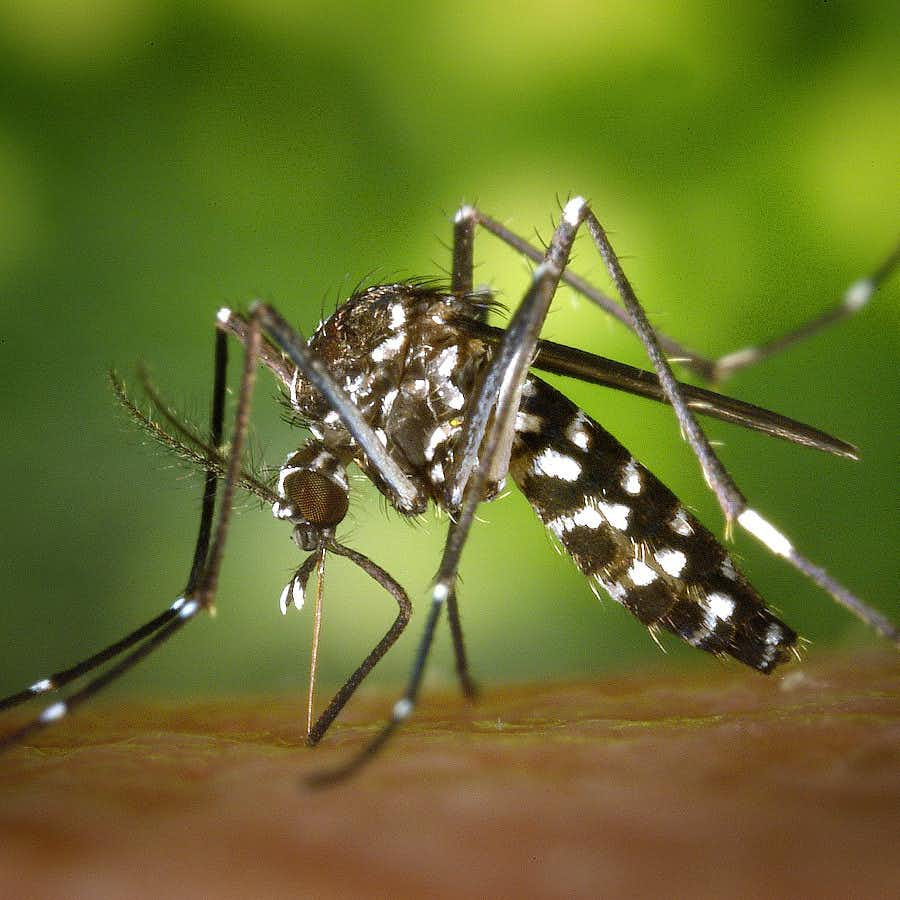
What to Do About Skeeter Syndrome
Have your summer evenings outside been spoiled by the whine of a mosquito coming in for a bite? How do you deal with the resulting itch? Mosquito bites usually itch for a while and then go away, but some people suffer excessively. Do you have skeeter syndrome? Although it sounds fanciful, we actually found this term in a medical paper. Find out about the remedies people have used and share your own favorites.
How Do Anticholinergic Drugs Affect Your Brain?
Could the medicines you are taking contribute to cognitive decline? A recent study in JAMA Internal Medicine has strengthened the link between certain drugs, termed anticholinergic medicines, and an increased risk of dementia. The study covered a quarter million Britons in primary care practices. Almost 59,000 of them had been diagnosed with some type of dementia. Comparing them to others of similar age without dementia revealed that those taking anticholinergic drugs were 50 percent more likely to develop difficulties with memory, concentration and judgment. Are you taking any medications that might hasten cognitive decline? (You can find a list of anticholinergic drugs here.)
Neuropathy Caused by Statins:
Statin medications lower cholesterol, so doctors prescribe them to a wide range of people at risk for heart disease. The questions of who should be taking statins and whether these medicines also carry some significant risks have been quite polarizing. Many physicians, especially cardiologists, think that the benefits of statins for most patients clearly outweigh the risks. Yet researchers continue to present evidence of potentially serious side effects such as long-lasting neuropathy (pain or lack of feeling due to nerve damage). The latest is German research published in JAMA Network Open this spring (May 31, 2019).
How do you make sense of the great statin debate? Have you taken statins and found them helpful? Or have you experienced side effects that loomed larger than the benefits?
Join the Conversation:
Our lines are open for your questions and comments this week. Call 888-472-3366 between 7 and 8 am EDT on Saturday, August 3, 2019. You can also reach us by email: radio@peoplespharmacy.com.
Listen to the Podcast:
The podcast of this program will be available the Monday after the broadcast date. The show can be streamed online from this site and podcasts can be downloaded for free. CDs may be purchased at any time after broadcast for $9.99.

